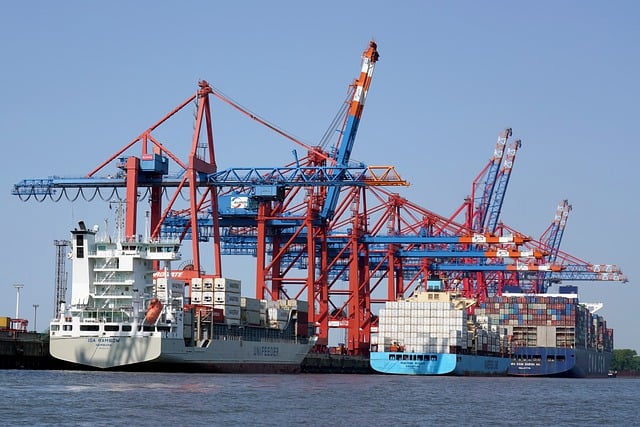
1. Is handling the export process on your own really worry-free?
According to World Customs Organization data, the global error rate for customs declarations will remain at 18.7% in 2025. A manufacturing company I once served saw an entire container held up at the destination port for 37 days because of an incorrect HS code classification. Handling exports on your own requires full mastery of:
- Preparation of customs documentation (commercial invoice, packing list, certificate of origin)
- Logistics and Transportation Arrangements (Ocean Freight Booking, Air Freight Scheduling, Land Transport Customs Declaration)
- Trade Compliance Review (Export Controls, Anti-Dumping Duties, Intellectual Property)
- Foreign Exchange Verification Process (Receipt and Payment Declaration, Tax Filing)
II. Where exactly does the core value of foreign trade agency lie?
Case studies of international trade disputes from 2018 to 2025 show thatProfessional agency services can reduce trade risks by 42%.. Taking a medical device export project as an example, the agency company prevents client losses through the following services:
- Pre-review of U.S. FDA certification documents
- Arrange AEO-certified port customs clearance
- Handle CE certification technical documentation
- Customized DDP-Term Logistics Solution
III. Can small and medium-sized enterprises independently complete the export process?
2025’s latest survey shows that among companies with annual export volumes below USD 5 million, 78 % opt for agency services. Independent operation must meet:
- Equipped with a professional team of 3+ specialists (customs declaration, documentation, logistics)
- Establish ERP system integration with the Customs Single Window
- Invest at least RMB 150,000 annually to maintain AEO certification
- Establish a global operations network spanning 200+ ports
4. What are the common trade compliance risks?
Starting March 2025, new EU regulations will require textiles to carry a carbon-footprint label; companies that fail to update in time face:
- A single ticket carries a maximum fine of €80,000
- Demurrage charges incurred due to cargo return
- Risk of Corporate Credit Rating Downgrade
- Subsequent order customs clearance delays
V. How to Evaluate a Company’s In-house Export Capability?
It is recommended to conduct the diagnosis from three dimensions:
- Professional Competency Assessment
- Current team's trade compliance knowledge base
- Experience in handling special trade terms (CIP/DAP, etc.)
- Time Cost Accounting
- Processing time per ticket
- Abnormal situation response speed
- Risk tolerance
- flexibility in capital turnover
- Legal Dispute Resolution Resources
VI. Under what circumstances must a foreign trade agent be used?
According to the 2025 International Trade Practice, the following scenarios recommend appointing an agent:
- First-time entry into emerging markets (such as member states of the African Community)
- involving export controls on dual-use items
- Special trade modes (bonded-area one-day tour, cross-border e-commerce)
- Handling goods involved in anti-dumping cases
VII. How to Choose a Reliable Foreign Trade Agent?
It is recommended to examine four core metrics:
- Customs AEO Advanced Certification
- In-house customs clearance team at major ports
- Case Studies on Handling International Trade Disputes
- Maturity of the Digitalized Customs Clearance System
(Data in this article are sourced from the World Customs Organization Annual Report 2025 and survey data from the China Council for the Promotion of International Trade)


 カスタマーサービスWeChatをフォローしてください
カスタマーサービスWeChatをフォローしてください